ORID
What is it for?
A simple and framework for thinking, leading discussions, preparing reports, debriefing, designing events etc based on the way the human brain processes information
Time & People
Numbers: unlimited
Materials
None
Source
Institute of Cultural Affairs, ToP
And also...
This is a deceptively simple approach, but takes time to master. It is especially difficult to ask OBJECTIVE level questions if unprepared.
Description
The discussion is led by someone asking questions that follow the ORID framework.
OBJECTIVE questions are about what we see and hear. REFLECTIVE questions are about emotions, feelings and reactions.
INTERPRETIVE questions are about making sense, interpreting and making meaning
DECISIONAL questions are about what happens next.
Can be done in a whole group, or in small group discussions
Can incorporate different approaches at each stage, eg using pictures at the reflective stage, one-on-one then whole group or small group
Can be used as a review process
o Create a chart divided into the number of days you want to review (or months/quarters if it’s a whole year)
o Identify what we did each day (O)
o Mark with smiley and sad faces to indicate
what you enjoyed and what you didn’t (R)
o Identify when there were shifts in us as a group (I)
o Name each of the phases of the training(I)
o Give an overall name(title) to the shared experience (D)
